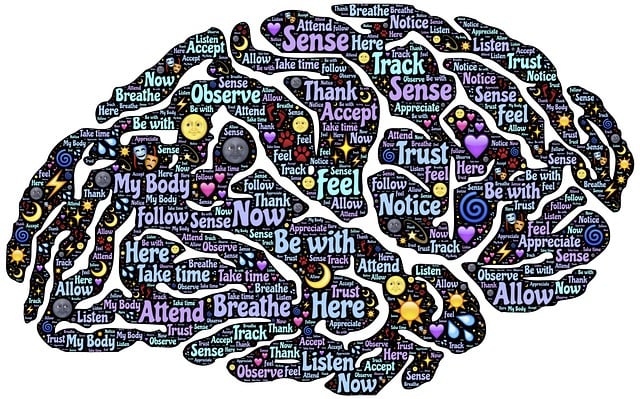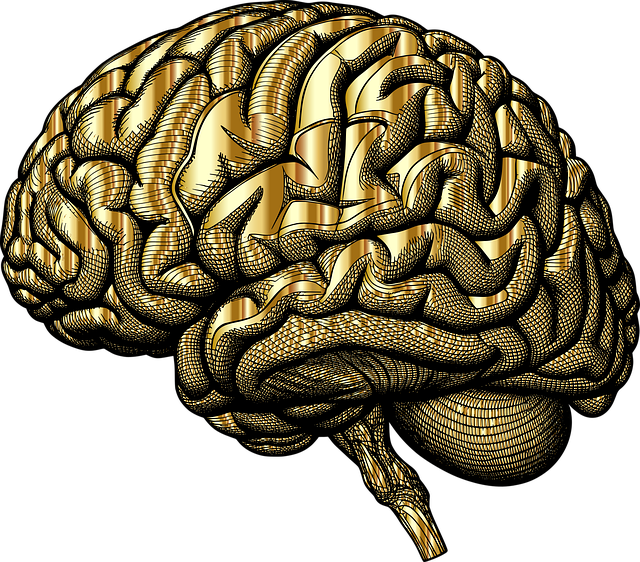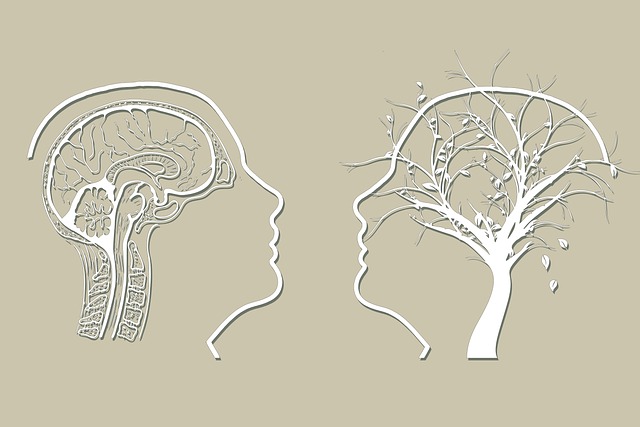Mindfulness meditation is a powerful tool for managing stress and enhancing well-being during major life changes, as offered by Englewood Major Life Transitions Therapy. By cultivating present-moment awareness, individuals can improve focus, regulate emotions, and reduce rumination. Incorporating mindfulness practices into daily routines strengthens mental resilience, fosters acceptance, and aids decision-making during transitions like moving or changing careers. Consistency is key for lasting benefits, similar to regular exercise. Both trauma support and healthcare provider cultural competency training can benefit from mindfulness for understanding emotional responses and promoting positive thinking.
Mindfulness meditation, a practice that cultivates present-moment awareness, has emerged as a powerful tool for therapy and personal growth. This article guides you through the art of mindfulness, offering insights on how it can be a foundation for navigating major life transitions with ease. We explore practical strategies to incorporate mindful practices into daily routines, fostering lasting change and enhanced well-being. Discover how engaging in mindfulness can revolutionize your therapeutic journey and empower you to embrace life’s challenges with resilience.
- Understanding Mindfulness Meditation: A Foundation for Therapy
- Engaging in Mindful Practices During Major Life Transitions
- Incorporating Mindfulness into Daily Routines for Lasting Change
Understanding Mindfulness Meditation: A Foundation for Therapy

Mindfulness meditation is a powerful tool that serves as a foundation for therapy and personal growth, especially during major life transitions. It’s more than just a relaxation technique; it’s a practice that cultivates awareness, attention, and acceptance of the present moment. This ancient concept has gained modern relevance in therapy settings, particularly in Englewood Major Life Transitions Therapy. By encouraging individuals to observe their thoughts and emotions without judgment, mindfulness meditation fosters self-awareness and emotional regulation skills crucial for navigating life’s challenges.
The practice involves focusing on the breath, bodily sensations, or specific objects to anchor the mind in the here and now. This heightened awareness can significantly impact one’s ability to manage stress, improve focus, and enhance overall well-being. Moreover, integrating mindfulness into therapy sessions complements communication strategies and risk management planning for mental health professionals, creating a more holistic approach to treating clients’ mental health concerns. Additionally, it encourages individuals to develop self-care routines that support better mental health, ensuring they can effectively manage life’s transitions and challenges.
Engaging in Mindful Practices During Major Life Transitions

Major life transitions can be challenging, but engaging in mindful practices can help navigate these changes with greater ease. Whether it’s moving to a new city, changing careers, or experiencing personal milestones, mindfulness meditation offers a powerful tool for coping. During such times, individuals often face heightened stress and uncertainty, making it crucial to develop effective coping skills. Mindfulness helps foster self-awareness, enabling folks to recognize and accept their emotions without judgment.
This ancient practice encourages a present-moment focus, which can mitigate the tendency to ruminate on past mistakes or worry about the future. By integrating mindfulness into daily routines, individuals can enhance their overall well-being and better manage stress during life transitions. Many therapy organizations now offer stress management workshops that incorporate mindfulness techniques, providing valuable resources for those seeking support in their journey.
Incorporating Mindfulness into Daily Routines for Lasting Change

Incorporating mindfulness into daily routines can be a powerful tool for navigating life’s challenges and fostering positive change. It’s about more than just finding a few minutes of quiet; it’s about cultivating a mindset that promotes awareness, acceptance, and present-moment focus. By integrating simple mindfulness practices, such as mindful breathing exercises or body scans, into your morning routine, you can set the tone for a day centered around calmness and clarity. This approach is particularly beneficial during major life transitions, where therapy services in Englewood can provide additional support.
For lasting change, consistency is key. Just as regular physical activity strengthens the body, consistent mindfulness practice strengthens mental resilience. It encourages individuals to become more attuned to their thoughts and emotions without judgment, fostering a sense of self-awareness that translates into better decision-making and improved relationships. This practice can be especially valuable for those seeking trauma support services or looking to enhance healthcare provider cultural competency training, as it promotes a deeper understanding of one’s emotional responses and helps to cultivate positive thinking.
Mindfulness meditation, as explored through these various practices and applications, offers a powerful tool for navigating life’s challenges—from managing stress during major transitions to fostering lasting positive change in daily routines. By integrating mindfulness into therapy and everyday life, individuals can cultivate a deeper sense of awareness and resilience, ultimately enhancing their overall well-being. For those seeking Englewood Major Life Transitions Therapy, embracing mindfulness practices can be a transformative game-changer.













